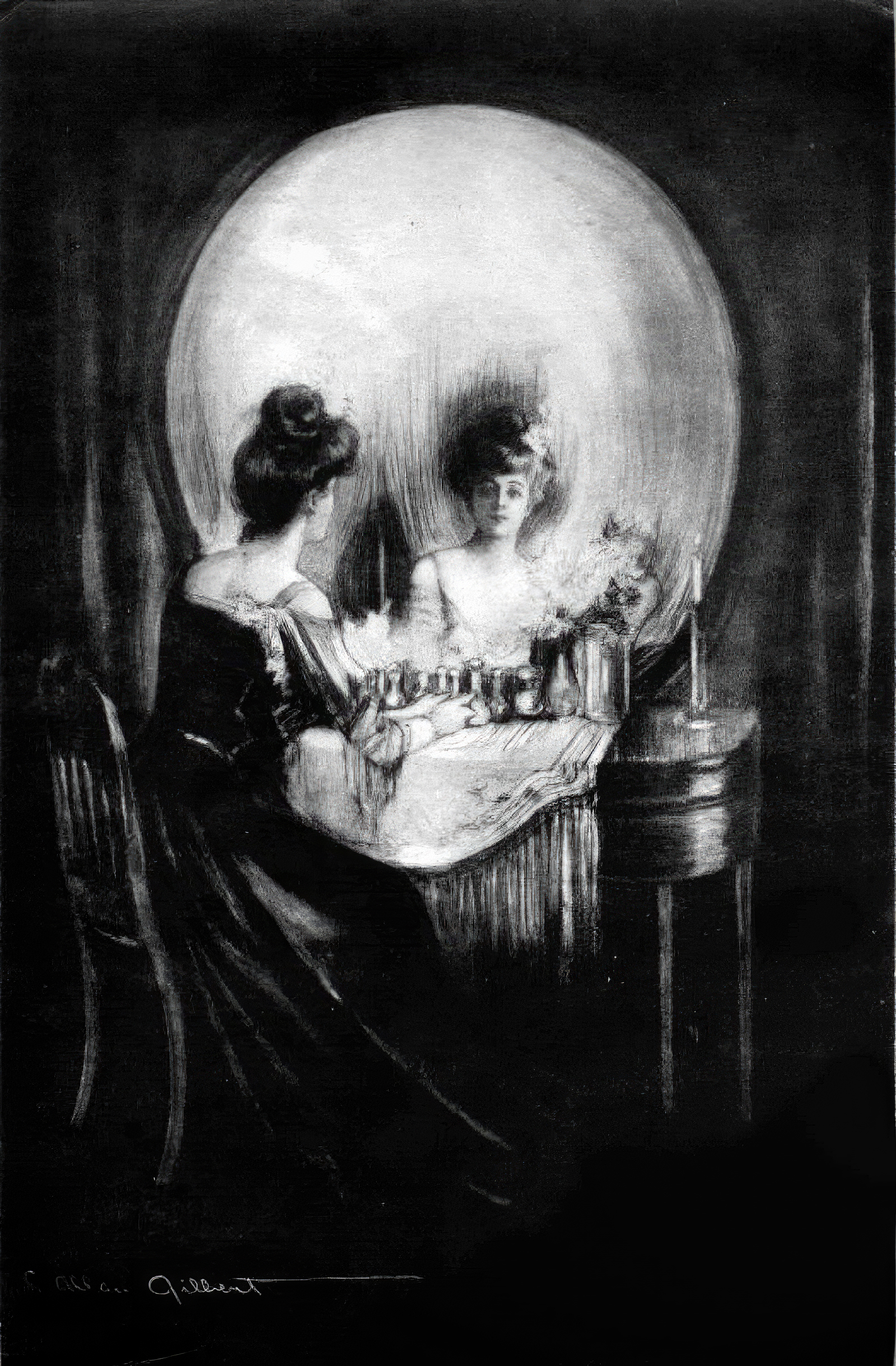|
Marwysgafn
Marwysgafn is a Welsh term meaning a "deathbed song". Used by poets when they sense they are close to death, the poet confesses and asks for forgiveness. Marwysgafns were primarily popular during the Poets of the Princes Medieval Welsh literature is the literature written in the Welsh language during the Middle Ages. This includes material starting from the 5th century AD, when Welsh was in the process of becoming distinct from Common Brittonic, and continuing t ... period. References {{reflist Songs about death Death customs Genres of poetry ... [...More Info...] [...Related Items...] OR: [Wikipedia] [Google] [Baidu] |
Welsh Language
Welsh ( or ) is a Celtic language family, Celtic language of the Brittonic languages, Brittonic subgroup that is native to the Welsh people. Welsh is spoken natively in Wales, by some in England, and in Y Wladfa (the Welsh colony in Chubut Province, Argentina). Historically, it has also been known in English as "British", "Cambrian", "Cambric" and "Cymric". The Welsh Language (Wales) Measure 2011 gave the Welsh language official status in Wales. Both the Welsh and English languages are ''de jure'' official languages of the Welsh Parliament, the Senedd. According to the 2021 United Kingdom census, 2021 census, the Welsh-speaking population of Wales aged three or older was 17.8% (538,300 people) and nearly three quarters of the population in Wales said they had no Welsh language skills. Other estimates suggest that 29.7% (899,500) of people aged three or older in Wales could speak Welsh in June 2022. Almost half of all Welsh speakers consider themselves fluent Welsh speakers ... [...More Info...] [...Related Items...] OR: [Wikipedia] [Google] [Baidu] |
Medieval Welsh Literature
Medieval Welsh literature is the literature written in the Welsh language during the Middle Ages. This includes material starting from the 5th century AD, when Welsh was in the process of becoming distinct from Common Brittonic, and continuing to the works of the 16th century. The Welsh language became distinct from other dialects of Old British sometime between AD 400 and 700; the earliest surviving literature in Welsh is poetry dating from this period. The poetic tradition represented in the work of ''Y Cynfeirdd'' ("The Early Poets"), as they are known, then survives for over a thousand years to the work of the ''Poets of the Nobility'' in the 16th century. The core tradition was praise poetry; and the poet Taliesin was regarded as the first in the line. The other aspect of the tradition was the professionalism of the poets and their reliance on patronage from kings, princes and nobles for their living. The fall of the Kingdom of Gwynedd and the loss of Welsh independence in ... [...More Info...] [...Related Items...] OR: [Wikipedia] [Google] [Baidu] |
Songs About Death
A song is a musical composition intended to be performed by the human voice. This is often done at melody, distinct and fixed pitches (melodies) using patterns of sound and silence. Songs contain various song form, forms, such as those including the repetition and variation of sections. Written words created specifically for music, or for which music is specifically created, are called lyrics. If a pre-existing poem is set to composed music in classical music it is an art song. Songs that are sung on repeated pitches without distinct contours and patterns that rise and fall are called chants. Songs composed in a simple style that are learned informally "by ear" are often referred to as folk songs. Songs that are composed for professional singers who sell their recordings or live shows to the mass market are called popular songs. These songs, which have broad appeal, are often composed by professional songwriters, composers, and lyricists. Art songs are composed by trained clas ... [...More Info...] [...Related Items...] OR: [Wikipedia] [Google] [Baidu] |
Death Customs
This article is about death in the different cultures around the world as well as ethical issues relating to death, such as martyrdom, suicide and euthanasia. Death refers to the permanent termination of life-sustaining processes in an organism, i.e. when all biological systems of a human being cease to operate. Death and its spiritual ramifications are debated in every manner all over the world. Most civilizations dispose of their dead with rituals developed through spiritual traditions. Disposal of remains In most cultures, after the last offices have been performed and before the onset of significant decay, relations or friends arrange for ritual disposition of the body, either by destruction, or by preservation, or in a secondary use. In the US, this frequently means either cremation or interment in a tomb. There are various methods of destroying human remains, depending on religious or spiritual beliefs, and upon practical necessity. Cremation is a very old and quite comm ... [...More Info...] [...Related Items...] OR: [Wikipedia] [Google] [Baidu] |

